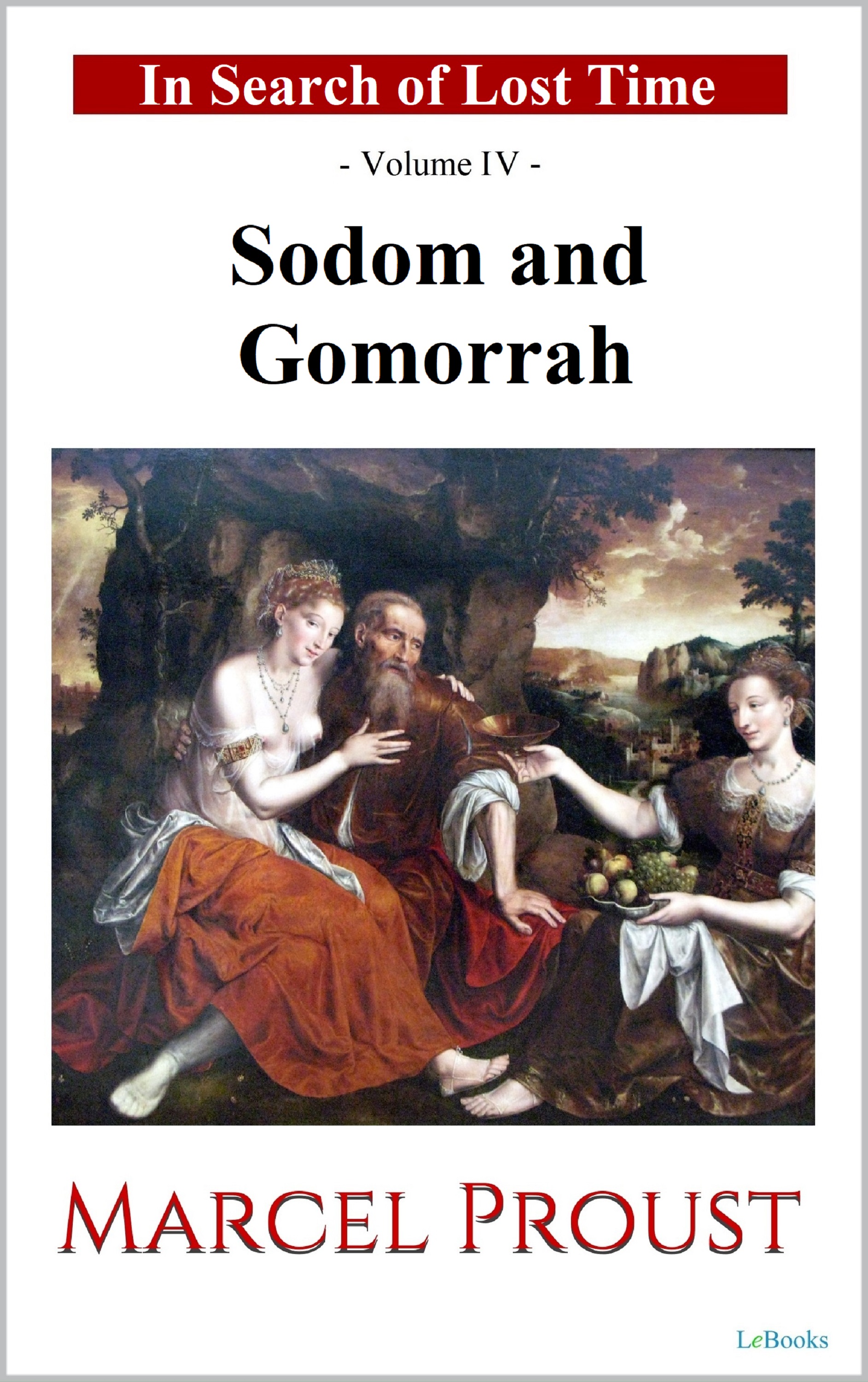
Sodom and Gomorrah by Marcel Proust is a profound meditation on desire, identity, and the hidden complexities of human relationships. As the fourth volume in In Search of Lost Time, it delves deeply into themes of homosexuality, social hypocrisy, and the masks individuals wear to conform to societal norms. Through the narrator's observations—particularly regarding Baron de Charlus and his secret life—Proust exposes the fragility of appearances and the emotional turbulence beneath the surface of elite society.
Since its publication, Sodom and Gomorrah has been noted for its psychological acuity and its bold treatment of subjects rarely addressed openly in its time. Proust's intricate prose, long introspective passages, and exploration of memory and perception continue to challenge and reward readers. The novel advances the series' central questions about time, love, and self-knowledge, using subtle shifts in relationships and inner thoughts to chart the evolving consciousness of its narrator.
The enduring relevance of Cities of the Plain lies in its unflinching portrayal of human vulnerability and the tension between public identity and private truth. As part of Proust's monumental work, it remains a landmark in modern literature, offering deep insight into the nature of desire and the forces—emotional, cultural, and temporal—that shape human lives.